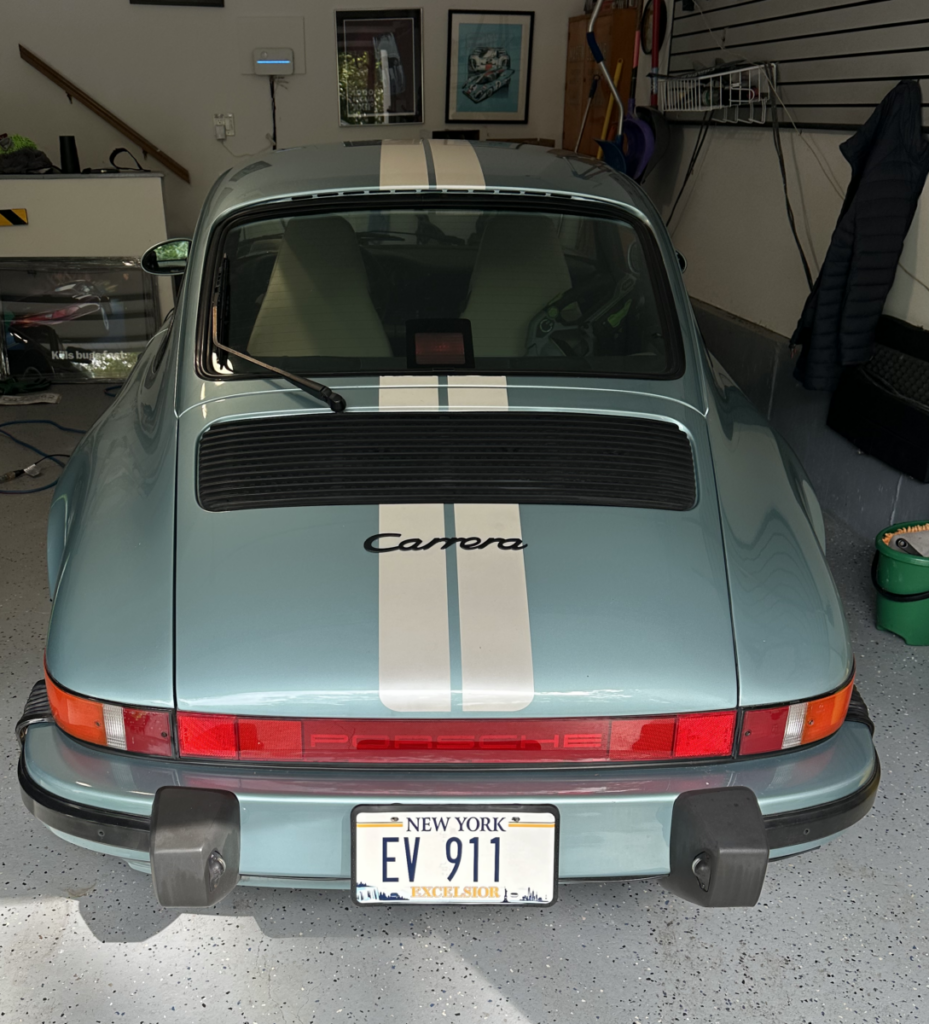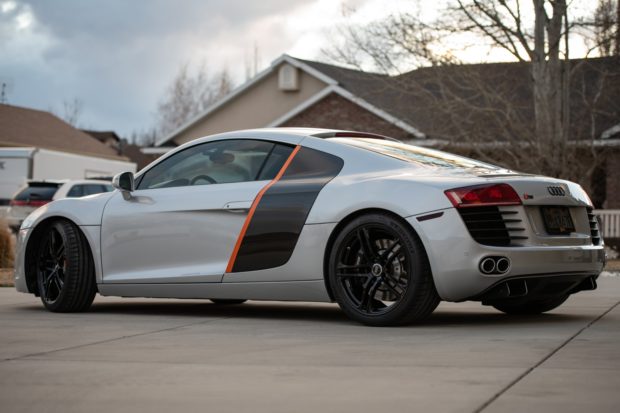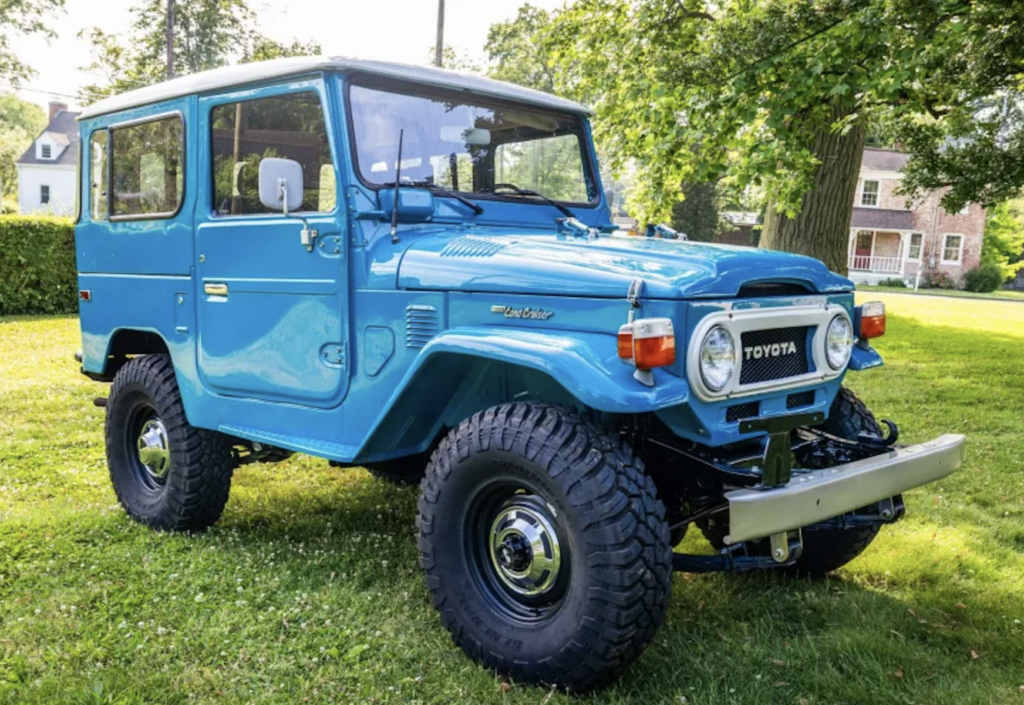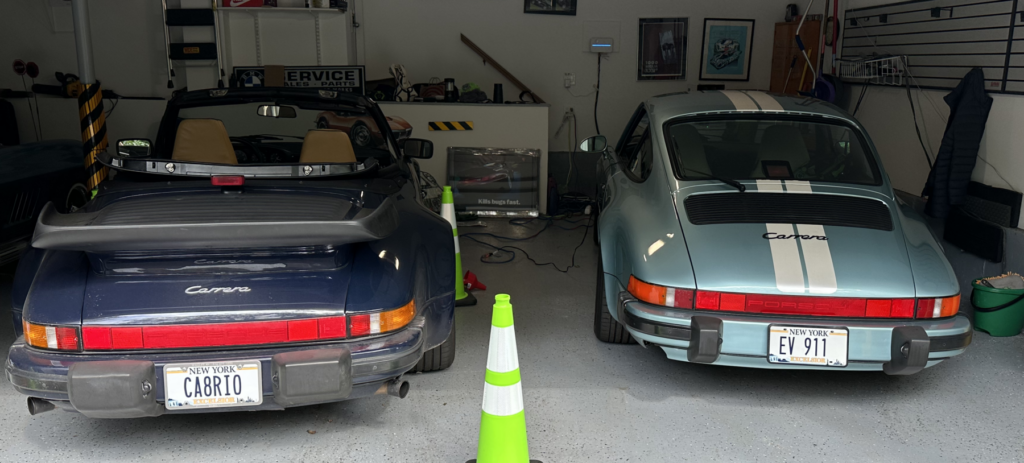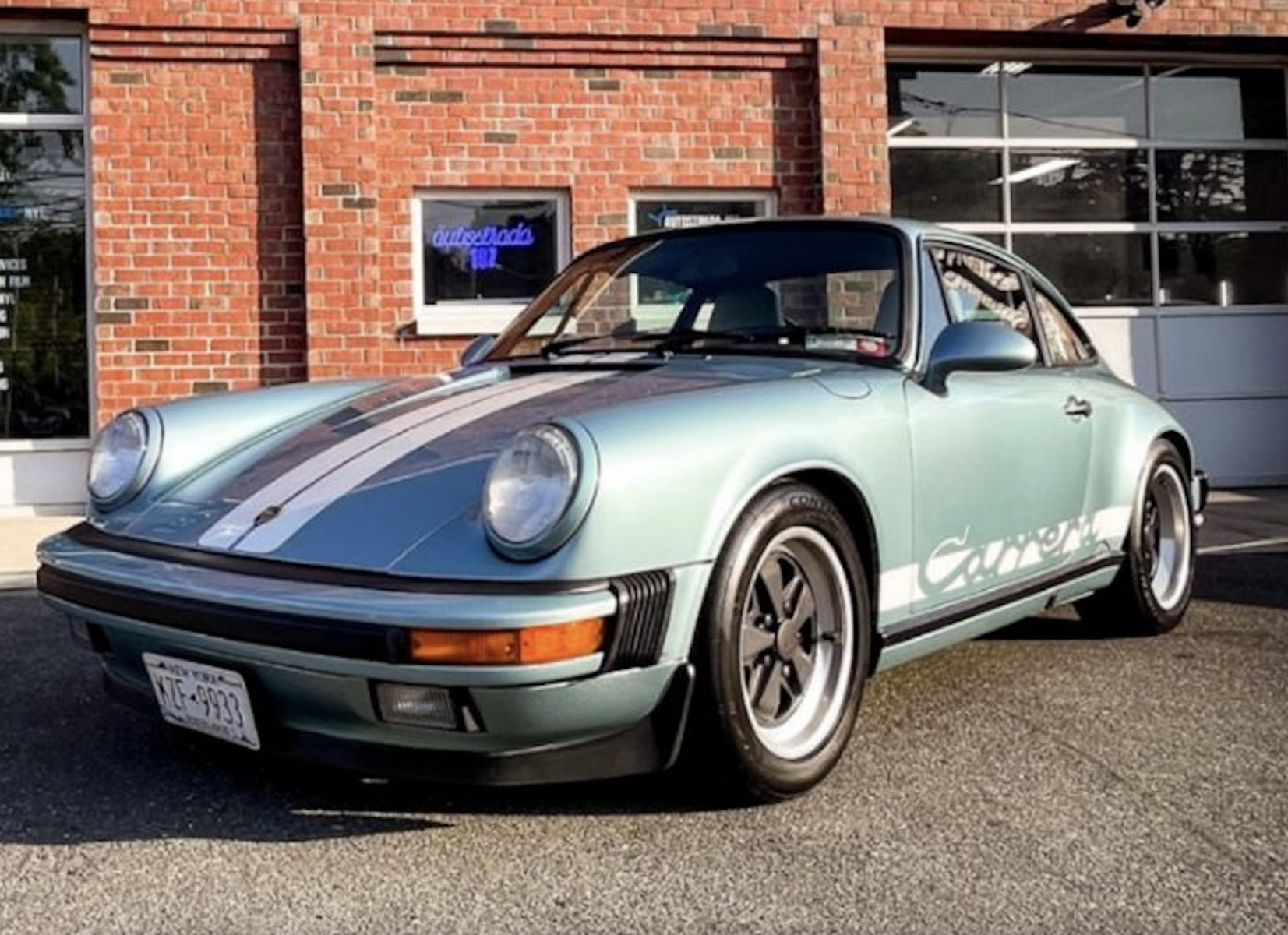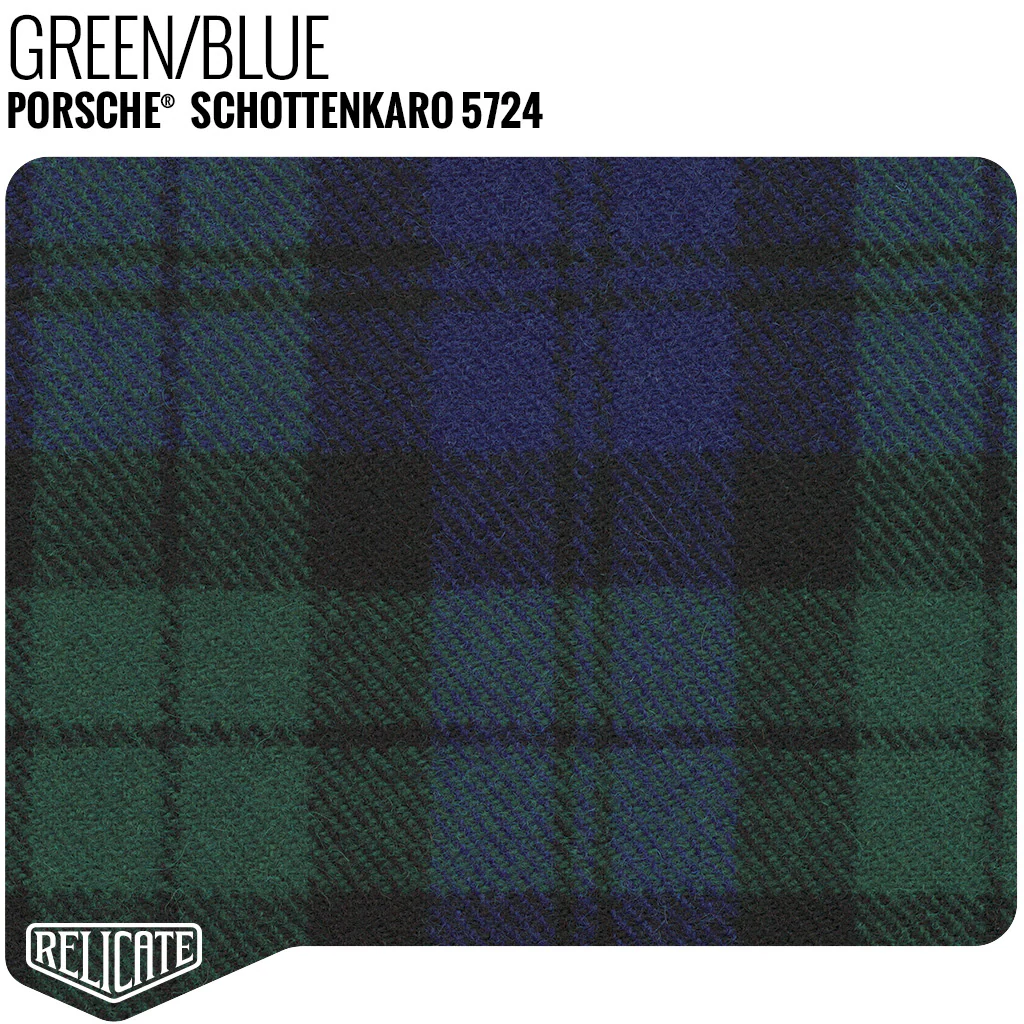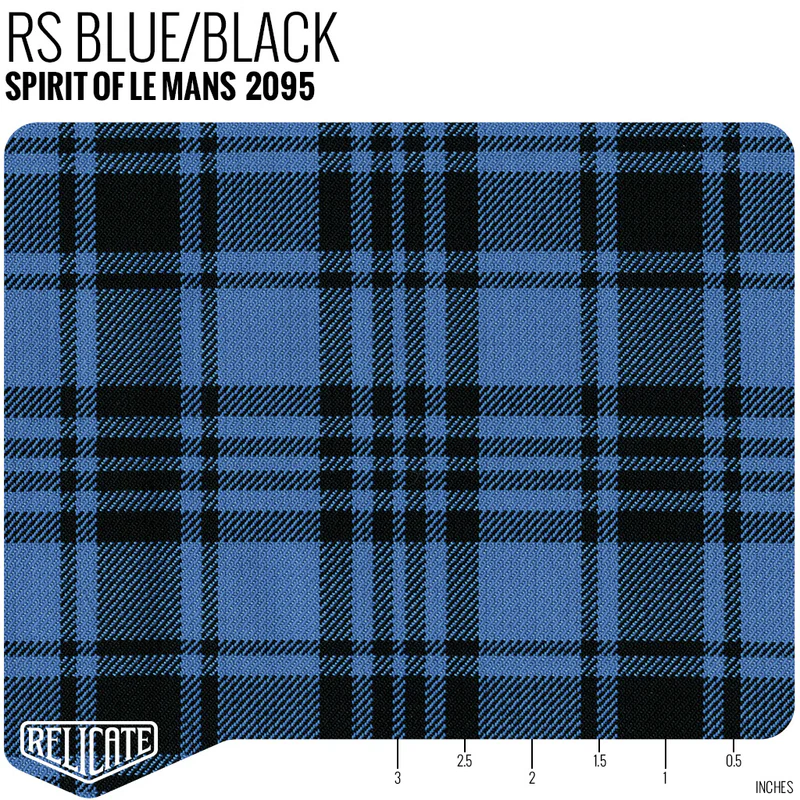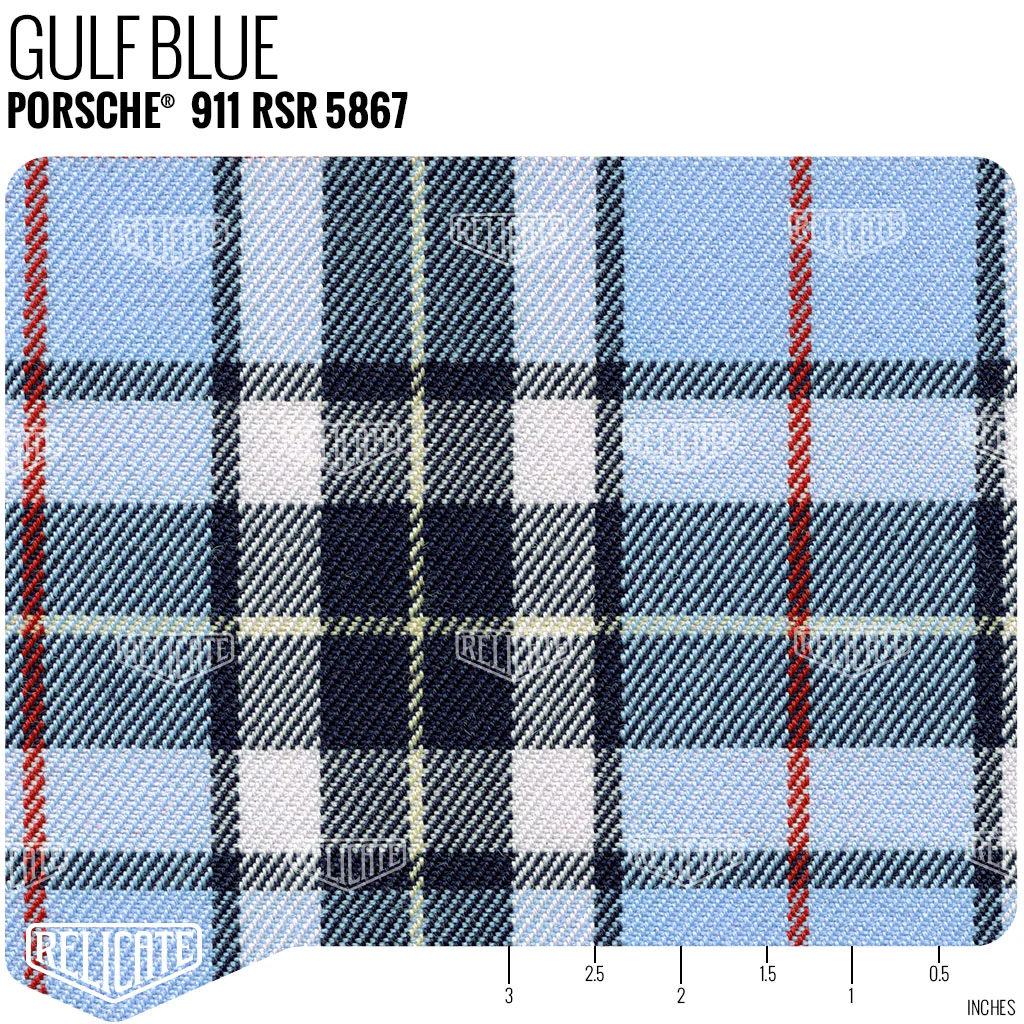Our story so far:
Stuck at home over the pandemic, it was a perfect time to revisit a pastime of my youth – buying cheap beater cars, and turning them into something fun and worthwhile. Only this time, I have a lifetime of experience with what does and doesn’t work well, along with a somewhat more generous budget.
All of this got restarted about a decade ago; I was personalizing a 2013 flood salvage-title Rubicon; it reminded me how much fun it was to do these little projects. After paying a pro to have all three electrical harnesses/fusebox replaced, along with the rusted-out brake calipers and emergency brake (all in price: $20k), I set about installing Running Boards, a fuel filler door, some roll bar grab handles, removing the rear seat + replacing it with a rubber bumper liner, added an off-road whip antenna and a set of rugged tail light guards. It was a fun project, and I still drive that little orange beastie.
Then came the pandemic, leading to the R8 project: A lovely Audi R8 that was bastardized with horrific aftermarket orange striping and faux carbon fiber both in and out. It was not that difficult to bring this racer back to factory spec. With New York DMV closed, I spent the first 3 months of the lockdowns driving her hard, insured and inspected but without plates or registration.
Next up: The 1978 Toyota FJ40: Jay & I fully rebuilt a pair in Columbia (his was a Red soft top) and imported each into the United States. He just beat Covid; I had the pleasure of going through Miami Customs in 2022 (as much of a pain in the ass as you would guess; felt like it would have been easier to smuggle cocaine in than a 50-year-old truck).
Then came the 1988 Cabrio 911, an M491 edition. The previous owner had raced it, leaving it a sad and tired-looking. But under that extra hardware was a relatively rare M491 Cabrio, and it bought it cheaply enough that it was well worth restoring to stock. Out went the roll bar, harness, and a lot of excess wiring, and then back to OEM suspension and steering. The prior owner increased the engine displacement from 3.2 to 3.4 liters, which I did not change.
I thought I was done with renos when this unusual 1987 Carrera Coupe came along:
Lagoon Green Metallic (a rare color) in “slicktop” (factory sunroof delete) guise. And a rear wiper! It had been hit in the right front end in 2003 (expect rust!), TMU was unknown, but the odometer was showing 276,049 miles. Lots of “wrong” parts on it: European spec rear bumperettes, Turbo-style front spoiler, dual exit exhaust, aero mirrors, both doors were previously refinished so the color slightly off. At least 16” Fuchs alloy wheels are era-correct.
The paint, the rest of the sheet metal, and the interior were in surprisingly good condition for the mileage. I could not imagine anyone would put the money in to restore her back to the original spec, so I decided to do something different with this. We compounded and color-corrected it as best as we could, added Carrera lettering on the sides and a pair of stripes down the middle.
I made my downpayment to get in the queue for Moment Motors to turn her into an EV. After almost a year, the car ship[ped off to Austin Texas; a year later — and after a lot of time, effort, work, and money — this project is now complete* and sitting comfortably in my garage. She arrived in the midst of those Hurricane Debby storms, and I was only able to aggressively put it through its paces yesterday.
We upgraded the suspension to tighten the drive and deal with the 300-pound weight increase and ~50/50 weight distribution. The result is a car that handles well, with steering that is surprisingly precise and lively. (A bit of understeer if you stomp the go pedal midturn). Overall, the handling is impressive. The 1987 brakes set at mild regenerative may need an upgrade to a 90s-era set of discs and calipers. She is surprisingly quick – 400HP on a 2800 lb 911 has smooth acceleration that keeps pulling.
The replacement gauges that are geared for EV use but look just like the 911’s originals; The software manages the power in two modes: “Chill” at about 300HP; and sport which is closer to 400HP. Driving full-out gives you a range between 100 and 150 miles. In chill mode, you can get 50% more range.
The hardware includes a floor-mounted stick shift but instead of the standard G50 5-speed it’s Park, Drive, Neutral and Reverse.
The Fellten motor kit came with one set of cooling equipment, but the guys at Moment Motors thought this was going to need a second, and installed that also. The AC is not bad, but when it’s 90 out, there is only so much this aftermarket kit can manage.
Cosmetically the car looks great but; the weak spot is the interior; the light beige seats, carpets and doors are dowdy looking. I really like the idea of backdating the interior to a 1970s Tartan plaid on the center seat panels, top half of the doors, and the center line of the dashboard. Some combination of blues, greens and blacks. Against the Lagoon Green Metallic exterior and white striping, that might look pretty suave.
I’ll add some more color in a few months when I have more miles behind me. If you want to track the development of this project, see the updates below…
Previously:
Update 3: EV Conversion at 90% (April 21, 2024)
Update 2: Porsche 911 EV Conversion (February 4, 2024)
Update: Electrifying A Classic 911 (May 21, 2023)
Electrifying Classic Cars (September 4, 2022)
1983 Porsche 911SC Coupe – EV? (September 16, 2022)
1988 M491 Porsche 911 Cabrio (January 21, 2024)
_____
* Also, Maybe not totally complete; Of all the changes that were done to the car, the brakes are now the weakest link. I’m gonna go look I’m look into replacing them with bigger discs and stronger calipers from a 1990s era 911.

